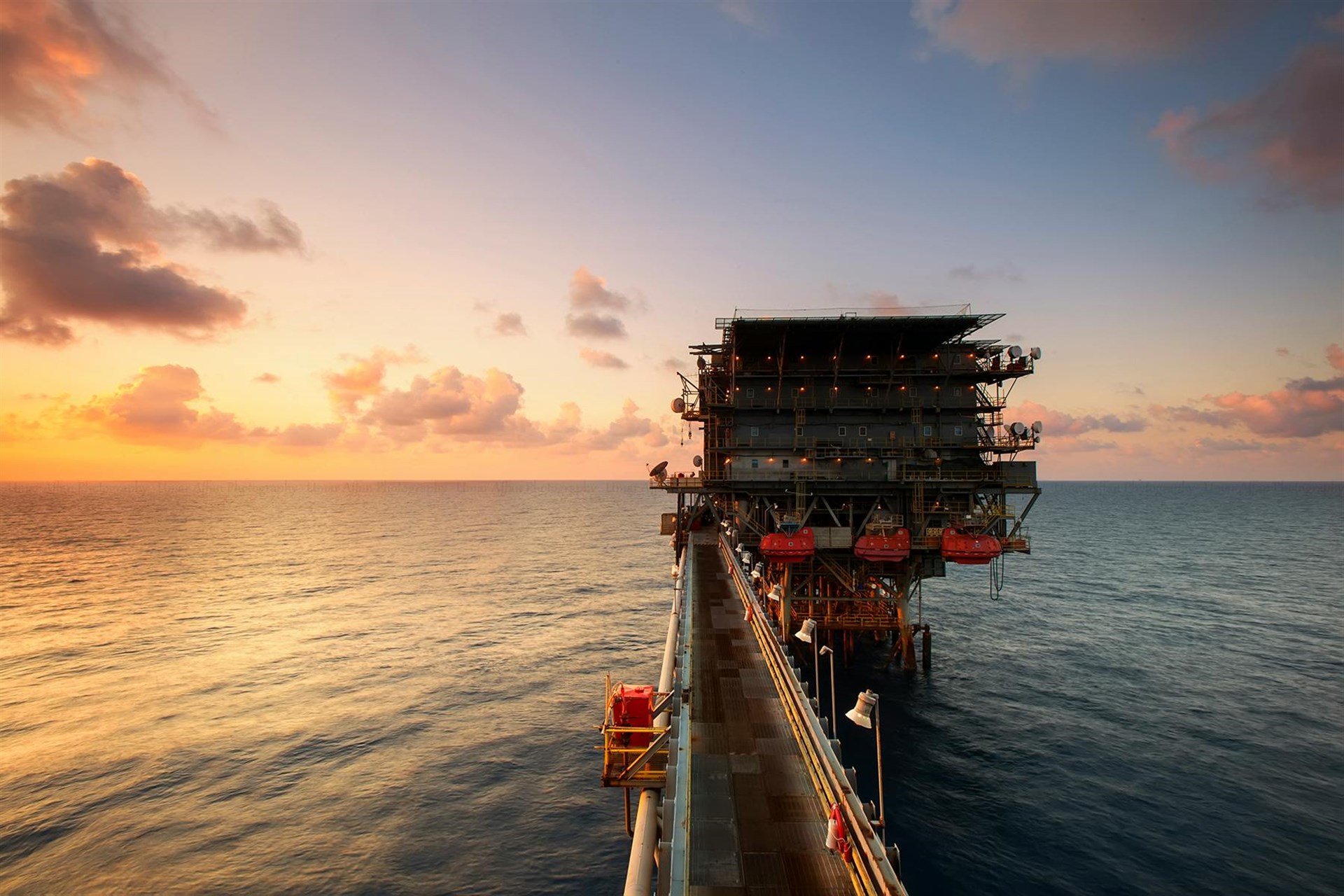Metals and Metalloids
DTU Offshore and VELUX FOUNDATION collaborate about an in-depth study of heavy metals in produced water from North Sea oil platforms to assess environmental impact.

Produced water refers to the water that is used in offshore oil and gas extraction processes and is subsequently discharged into the sea from production platforms. This water often contains a range of by-products from the extraction process, including heavy metals, production chemicals, low-level radioactive materials, and dissolved oil. Understanding the composition and effects of this water is crucial for evaluating its impact on marine ecosystems and guiding regulatory measures.
Heavy metals are of particular concern because of their potential to cause environmental harm. Recent indications suggest that produced water may contain higher concentrations of heavy metals than previously estimated. Research indicates that the concentration of these metals can vary significantly between different oil wells, with discrepancies of up to 1000 percent. This variation highlights the need for comprehensive and accurate data on the heavy metal content in produced water.
DTU Offshore is undertaking a research project aimed at mapping and measuring the discharge of heavy and trace metals from several oil wells in the North Sea. The project has been supported by a grant of DKK 4.4 million from the VELUX FOUNDATION. Over the next four years, researchers will use advanced analytical techniques to quantify the presence of trace metals such as copper, cadmium, lead, arsenic, tin, selenium, and mercury in produced water.
The goal of this research is to document how these metals affect the marine environment. By obtaining detailed measurements and understanding the specific concentrations and variations of these metals, the research will provide valuable insights into the environmental impact of produced water discharges.
This research aims to fill gaps in our understanding of the environmental impact of produced water and inform better regulatory policies. By examining the specific components of produced water and their effects on marine environments, the study will help establish a basis for more accurate industry regulations.
The results will be crucial in developing effective strategies to reduce the environmental impact of offshore oil and gas operations and support the transition to more sustainable marine resource management.
Focus on underexposed area
This research is crucial due to the current lack of comprehensive information on heavy metals in produced water. Heavy metals are often present in very low concentrations, which makes them challenging to detect with routine measurement techniques. Existing legislation primarily addresses non-dissolved oil residues, but it is essential to also consider dissolved contaminants like heavy metals. These dissolved substances, even in small amounts, can potentially have a more significant environmental impact than the oil residues typically monitored.
Knowledge creates opportunities for action
The VELUX FOUNDATION supports this project as a key component of its "Combating Marine Pollution" program, which is one of its three strategic initiatives focused on the marine environment. Despite the Danish government’s decision to phase out oil and gas extraction in the North Sea, decommissioning the production platforms will take several more years. During this transition period, it is essential to enhance our understanding of the environmental impact of produced water.
Research indicates that produced water may have a greater harmful effect on marine environments than previously understood. Addressing all sources of marine pollution is crucial for effective environmental protection. This project aims to establish a critical knowledge base for understanding and mitigating the impact of produced water, contributing to broader efforts to combat marine pollution.
Contact
Karen Louise Feilberg Senior Researcher Danish Offshore Technology Centre Mobile: +45 93511420 klfe@dtu.dk